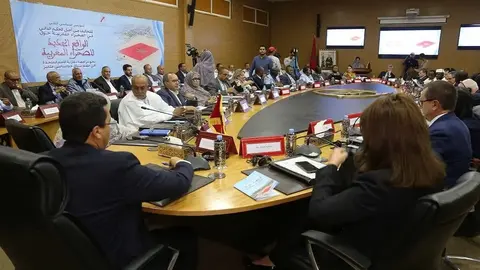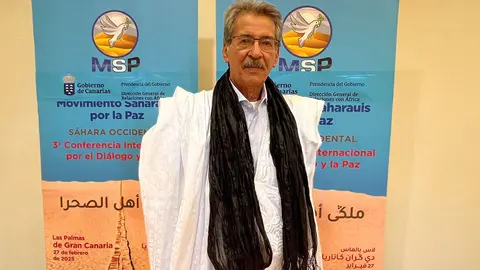Morocco at the World Law Congress 2025: Rule of law and territorial sovereignty
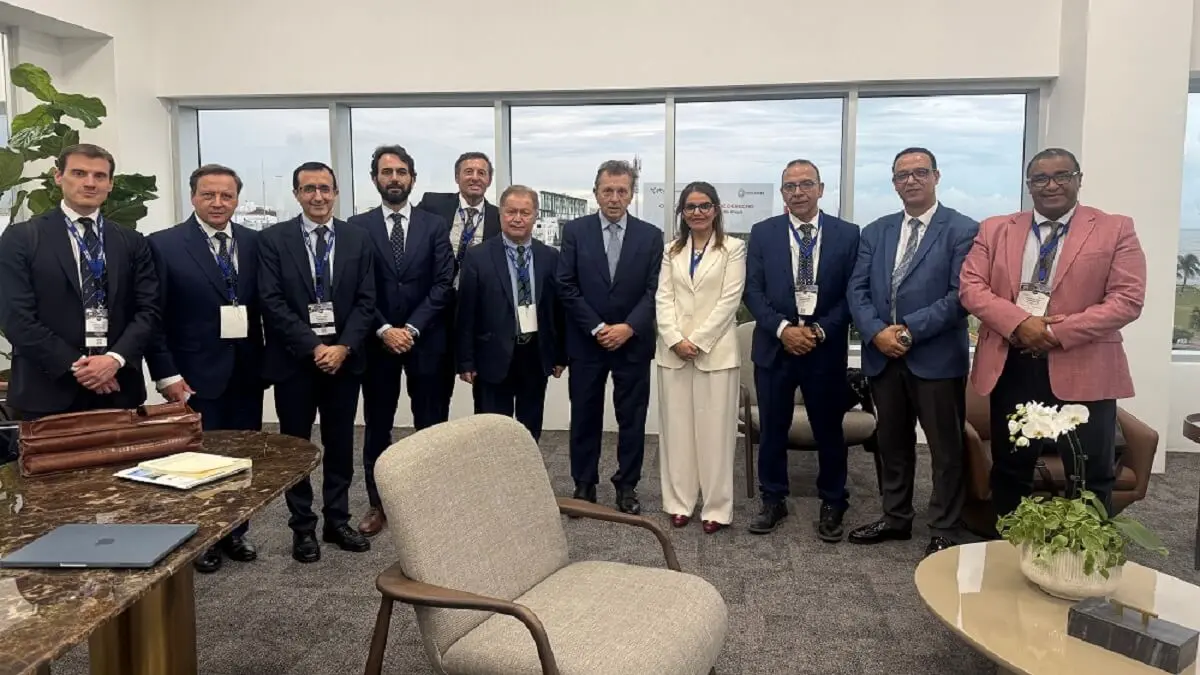
In a context marked by geopolitical tensions and challenges to territorial sovereignty, the Moroccan delegation, made up of jurists, academics and legislators, presented a solid and articulate defence of its proposal for autonomy for the Sahara, while showcasing the progress of its constitutional system and advanced regionalisation.
The event, organised by the World Jurist Association (WJA) and the World Law Foundation (WLF), brought together more than 300 speakers from 70 countries, including figures such as the President of the Dominican Republic, Luis Abinader, former Colombian President Iván Duque, US Supreme Court Justice Sonia Sotomayor and, notably, King Felipe VI of Spain, who presided over the closing ceremony.
The choice of Santo Domingo as the venue was no coincidence: the city symbolises the foundations of law in the Americas, having hosted the first Royal Audience of the New World in the 16th century. This historical setting allowed Morocco to connect its narrative of legal modernisation with a deep-rooted tradition of justice, highlighting its 2011 Constitution as the cornerstone of a state that combines political stability and democratic openness.
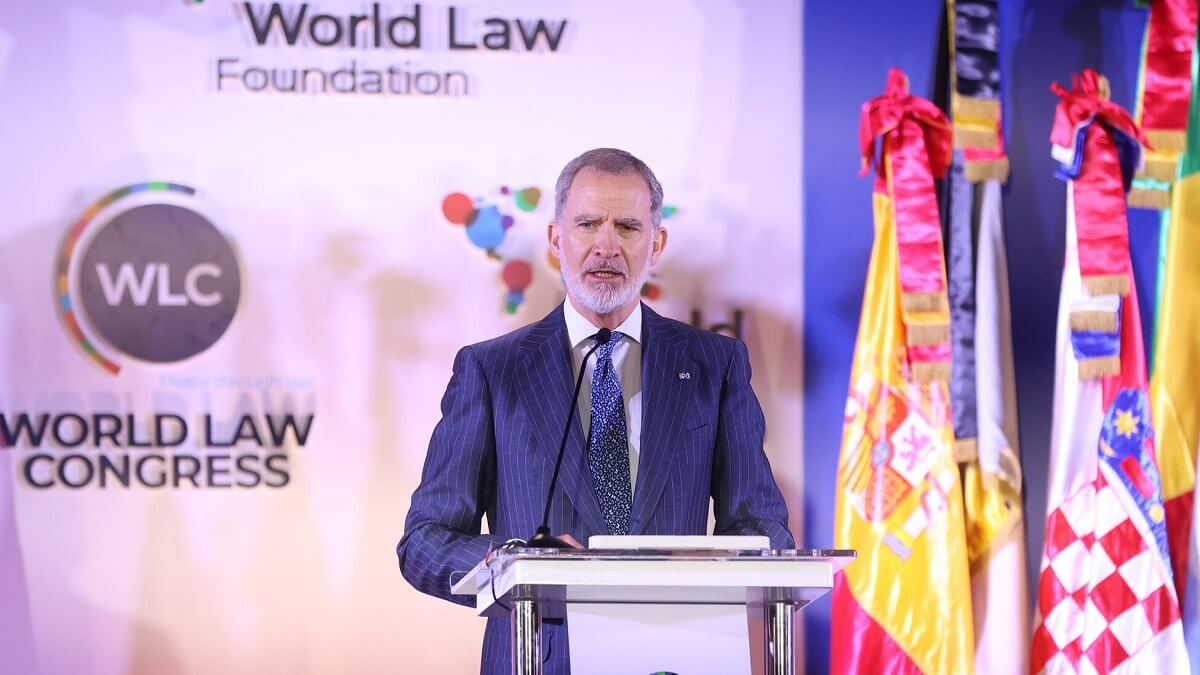
The Moroccan delegation was composed of Zakaria Aboueddahab, professor of international relations at Mohammed V University in Rabat, Hamid Aboulas, professor of constitutional law at Abdelmalek Essaadi University in Tangier, Zaina Chahim, lawyer and chair of the Finance and Economic Development Committee in the House of Representatives, and Abdelaziz Laaroussi, professor of public law and vice-dean of scientific research and partnerships at the Faculty of Law of Mohammed V University in Rabat.
The delegation actively participated in panels dedicated to the protection of human rights, territorial decentralisation and the challenges of justice in multicultural environments. Their presence was not merely ceremonial: each intervention was carefully designed to link the Kingdom's internal achievements with the principles upheld by the international legal community.
One of the central themes of Morocco's strategy during this Congress was the detailed presentation of its model of advanced regionalisation, implemented following the 2011 constitutional reform. As Professor Laaroussi explained, this system allows Moroccan regions—including the southern provinces—to exercise exclusive powers in areas such as economic development, cultural management and environmental planning, always under the umbrella of national unity. This approach, backed by mechanisms for citizen participation and transparency, has been key to integrating local particularities into a cohesive national project.
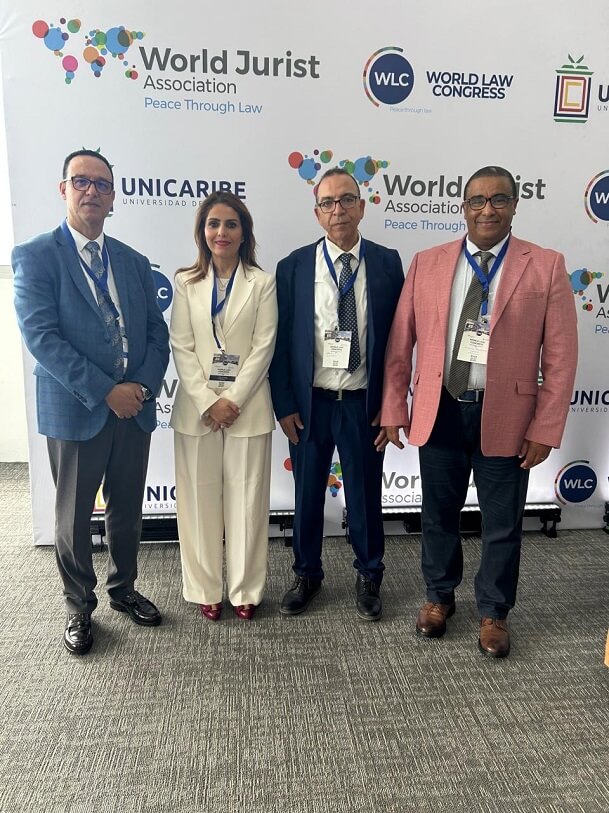
Professor Aboulass added that the Moroccan Constitution is not a static document, but a ‘living organism’ that evolves through consultative reforms. An example of this is the ongoing revision of the 2004 Family Code (Mudawana), which seeks to expand the rights of women and minorities, an issue that resonated in the debates on gender equality during the Congress. These advances, according to Chahim, reflect Morocco's ability to balance tradition and modernity without sacrificing social cohesion, a message particularly relevant in a forum where cases of territorial fragmentation in other regions of the world were discussed.
The highlight of Morocco's participation was the defence of its Autonomy Plan for the Sahara, presented to the UN in 2007 and recently endorsed by the United States and the vast majority of EU member states. In a panel dedicated to territorial conflicts, Professor Aboueddahab argued that this initiative, far from being a mere diplomatic strategy, is based on three legal pillars:
- Compliance with international law: the plan is inspired by precedents such as the James Baker framework agreement (2001) and follows the standards of autonomy ratified by international courts.
- Inclusive approach: it proposes the creation of an elected regional parliament with powers in education, health and natural resource management, guaranteeing the representation of all Sahrawi tribes.
- Human rights guarantees: it includes a general amnesty for those who lay down their arms and measures to repatriate refugees from Tindouf, under the supervision of international organisations. All of this is in line with paragraph 31 of the 2007 autonomy proposal.
These points were reinforced with concrete data: since 2015, investment in the southern provinces has exceeded $8 billion, generating 50,000 jobs and reducing poverty by 40%. Chahim stressed that, unlike maximalist proposals, the Moroccan plan avoids the ‘all or nothing’ trap and prioritises the tangible well-being of the population over ideological disputes.
Although the Congress was not without diversity of opinion, the Moroccan delegation addressed these with solid arguments. Firstly, it recalled that Morocco has maintained a flexible position, offering to amend details of the plan in dialogue with the UN, provided that its sovereignty is respected. Secondly, it highlighted the growing support of powers such as the United States, whose Secretary of State, Marco Rubio, described autonomy as the ‘only viable solution’ during his recent meeting with Moroccan Foreign Minister Nasser Bourita last April.
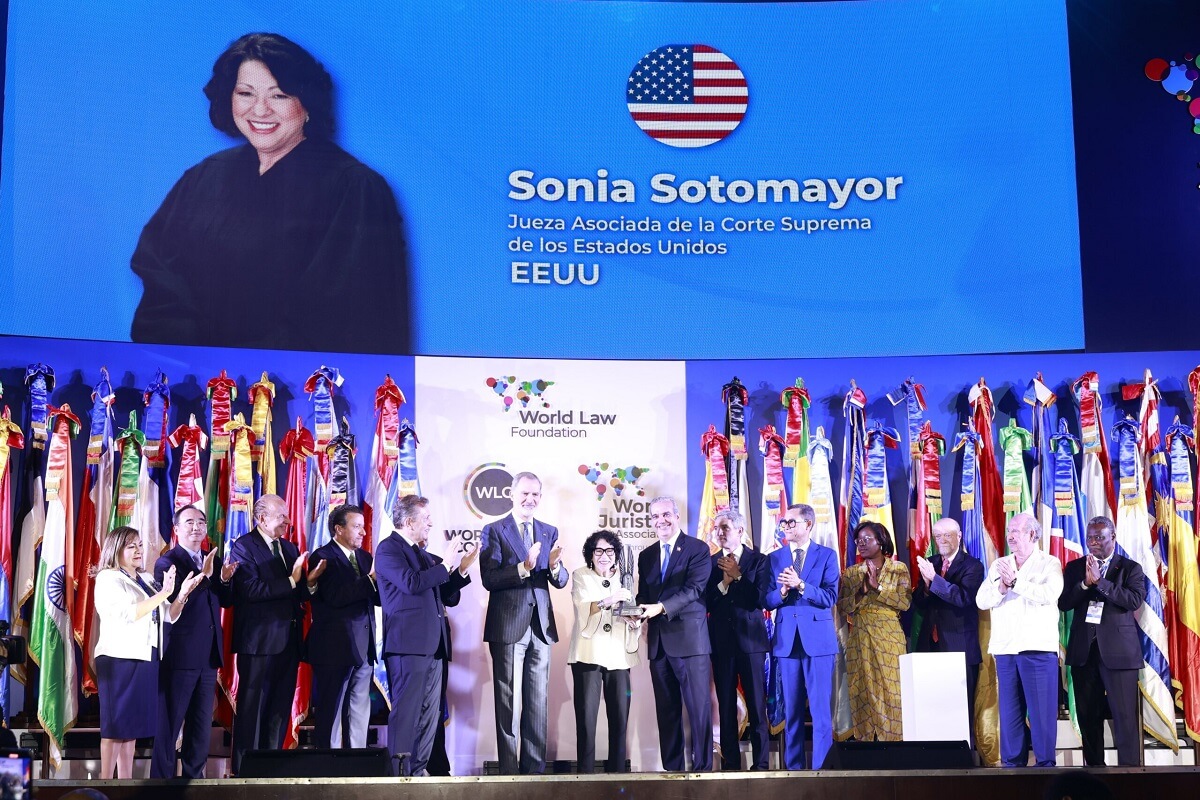
This international support is no coincidence: as Professor Laaroussi pointed out, Morocco has modernised its legal framework to bring it into line with international conventions. These efforts contrast, according to the speakers, with the opacity of other actors in the region, indirectly alluding to Algeria's refusal to participate in round tables sponsored by the UN.
The closing of the Congress, chaired by King Felipe VI and Dominican President Luis Abinader, capped a week in which Morocco not only defended its position on the Sahara, but also projected an image of a moderate and moderating power in a fractured global arena. By presenting the 2025 World Peace & Liberty Award to Sonia Sotomayor, a judge on the US Supreme Court, the event underscored the importance of the presence of figures who combine legal rigour with political pragmatism, as we have seen in the Moroccan case.
In a world where the rule of law faces threats such as disinformation and populism, the Moroccan model offers valuable lessons: decentralisation without fragmentation, institutional innovation without historical rupture, and dialogue without renouncing sovereignty. As the Moroccan speakers summarised in their speeches, ‘the law is not a set of abstract rules, but the tool that allows us to turn diversity into strength and conflict into opportunity’. Morocco not only defended ideas in Santo Domingo, it also demonstrated with results its commitment to its legal and development model. At this international forum, Morocco illustrated how the law can transform society when it is properly implemented. This is a reality that is palpable in its policies and reforms.


